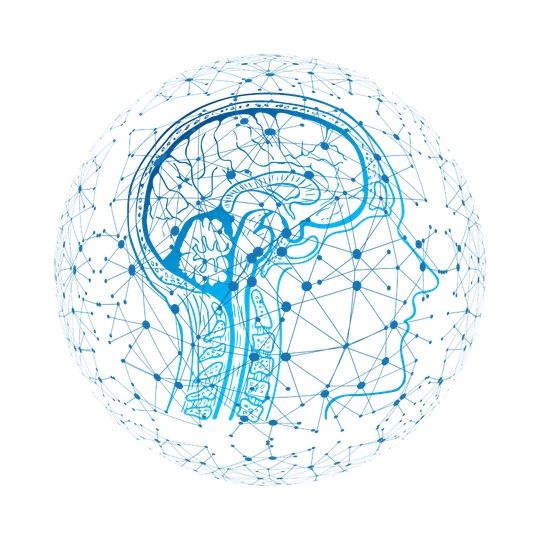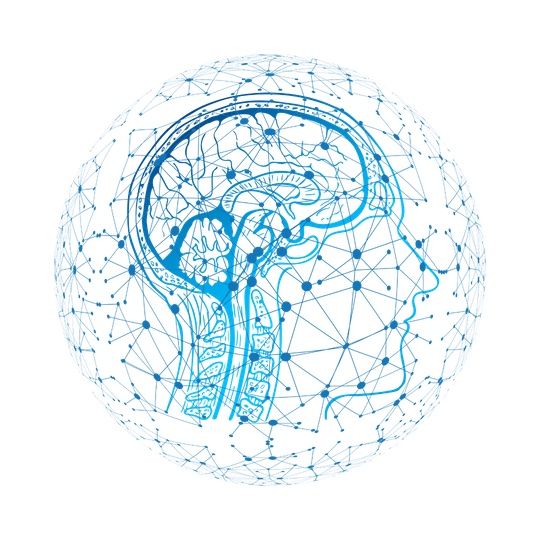Deep Brain Reorienting
with Dr. Frank Corrigan
A 16-hour, 4-session course focusing on bottom-up,
transformational trauma therapy.
Saturdays & Sundays
December 09, 10, 16, 17, 2023
11am – 3pm Eastern Time
9am – 12pm Pacific Time
5pm – 9pm Central Europe Time
Deep Brain Reorienting (DBR) is a scientifically-based transformational therapy relying on the human brain having an inherent ability to find healing from emotional trauma. The memory of the initiating event is approached by accessing the core of the traumatic experience in the original physiological sequence in the brainstem, giving an anchor in the part of the memory sequence that occurred before the shock or emotional overwhelm that is leading to the continuing symptoms. Deepening awareness into this orienting tension provides an anchor for grounding in the present so that the mind is neither swept away by the high intensity emotions, nor diverted into a compartment holding a self-state frozen in time in which contact with the present is lost.
Although the theory is simple, the practice of DBR can be difficult. It does not work for everyone. Therapists who will find it most useful are those who use transformational trauma therapy approaches that are body-based, or “bottom-up”.
(© Deep Brain Reorienting 2022)
Stay up to date and send a reminder to your inbox!
And get a free download of the research behind Deep Brain Reorienting
We won't spam you. Unsubscribe at any time.
Learning Outcomes

To develop an understanding of the neuroanatomy & neurophysiology of threat & adversity response systems in the midbrain.

To be able to track deep sequences that have occurred so quickly that only their late effects have been recognized & to wait with these sequences until full processing has occurred.

To identify and differentiate the main components of physiological sequences underpinning conflicted orienting patterns in relational connections.

Frank Corrigan was an NHS Consultant Psychiatrist who latterly specialized in the treatment of post-traumatic and dissociative disorders. He is now in private practice and retains a specialization in complex trauma disorders. He is co-author of Neurobiology and Treatment of Traumatic Dissociation: Towards an Embodied Self (Lanius et al., 2014) and co-author of The Comprehensive Resource Model: Effective Techniques for Healing Complex Trauma (Lisa Schwarz et al 2016). He is currently involved in a clinical and neuroimaging study of online DBR with Professor Ruth Lanius, University of Western Ontario, Canada.
The Research Behind Deep Brain Reorienting
If your browser does not support the PDF reader, you may view the article here.

